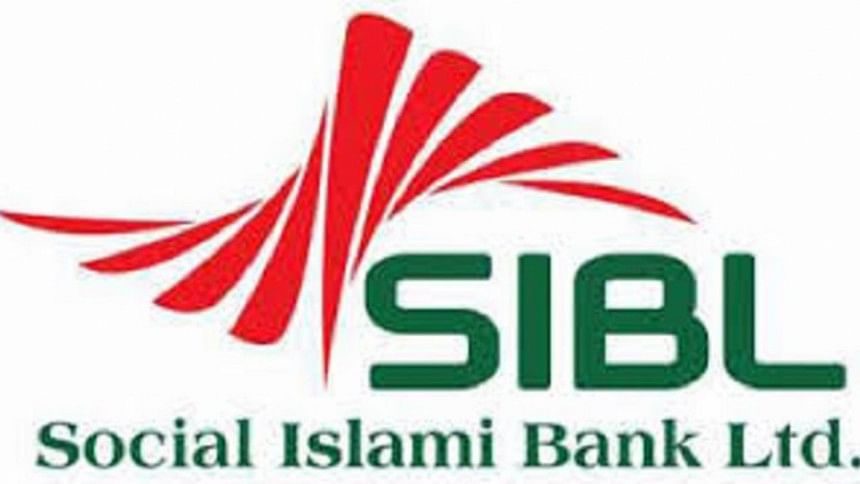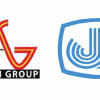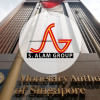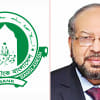Change of guards raises eyebrows

Social Islami Bank Limited yesterday made dramatic changes in its board and top management in a move that can be viewed as strengthening the grip of Chittagong-based S Alam Group on the bank.
The Group recently purchased about 50 percent stake in the Shariah-based bank through 19 companies, violating the Banking Company Act, 1991.
As per a notice issued on October 25, the SIBL was supposed to hold a board meeting at its head office yesterday. But the meeting took place at the capital's Westin hotel amid tight security.
Journalists, who rushed to the spot hearing that the bank would go for big changes, were not allowed even close to the meeting room. Some people not linked to the bank kept watch outside and soon forced the reporters to leave the premises.
Surprisingly, Md Rezaul Haque, chairman of the board; Md Anisul Hoque, chairman of the executive committee; and Shahid Hossain, managing director, were not present at yesterday's board meeting, The Daily Star has learnt.
S Alam Group Chairman Mohammed Saiful Alam was at the meeting.
A new board chairman, new executive committee chairman and a new managing director were named there, confirmed sources including a participant of the closed-door meeting.
Anwarul Azim Arif, a former vice-chancellor of Chittagong University, was made the new chairman. Belal Ahmed, vice-chairman of NRB Global Bank, became the new executive committee chairman.
Belal is a son-in-law of S Alam Group Chairman Saiful. He will represent Unitex Steel Mills, which is also a concern of S Alam Group, on the bank's board.
Quazi Osman Ali, additional managing director of First Security Islami Bank, was appointed the managing director of the SIBL.
Saiful is the chairman of First Security Islami Bank.
He and his family members are on the board of directors of First Security Islami Bank, Al-Arafah Islami Bank, Union Bank, NRB Global Bank and Bangladesh Commerce Bank.
Talking to The Daily Star yesterday, Azim, the new chairman of SIBL, said he got a proposal for chairmanship of SIBL only two days ago. He said he will represent Hasan Abason Ltd, a concern of S Alam Group, on the bank's board.
“After getting the proposal, I came to Dhaka and attended the board meeting yesterday,” he added.
S Alam Group has bought the shares of SIBL through 19 companies. Of those, 15 companies used the same office address: Al-Amin Centre, 12th floor, Dilkusha, Dhaka.
The 15 companies are Global Trading Corporation, Lion Securities & Investment, Portman Cements, Modern Properties, Prasad Paradise Resorts, Unique Investment & Securities, Hasan Abason Ltd, Platinum Endeavours, Dynamic Ventures, Reliable Entrepreneurs, Paradise International, Leader Business Enterprise, Pusti Vegetable Ghee, Unitex Steel Mills, and Unitex Cement.
The other four companies are Chittagong-based C&A Accessories, C&A Fabrics, Marine Empire Ltd and Shah Amanat Prakritik Gas Co Ltd.
Of the companies, six have direct link with Saiful of S Alam Group and his family members, according to the Office of Registrar of Joint Stock Companies and Firms.
The six companies are Global Trading Corporation, Portman Cements, Modern Properties, Prasad Paradise Resorts, Hasan Abasan and Shah Amanat Prakritik Gas.
Rezaul, who was chairman of SIBL until yesterday, told this newspaper earlier this month that S Alam Group had bought shares, violating the Banking Company Act, 1991.
As per the act, an individual or a company cannot hold more than 5 percent shares of a bank by itself or jointly without the approval of the central bank.
Such holdings must not exceed 10 percent as per the law -- a provision the group has also breached, he said.
“We have not been officially informed of S Alam Group's share purchase in SIBL,” SK Sur Chowdhury, deputy governor of Bangladesh Bank, told The Daily Star recently.
The central bank cannot intervene in shareholding matters of a business group unless they apply for directorship in the respective bank, he added.
Salehuddin Ahmed, a former governor of Bangladesh Bank, said, “It is not a good sign that loans and shares of the banking industry are being concentrated in a single business group.”
The regulatory bodies will have to deal with the issue strictly and inquire about the source of the funds the companies used for buying the shares, he added.

 For all latest news, follow The Daily Star's Google News channel.
For all latest news, follow The Daily Star's Google News channel. 






Comments